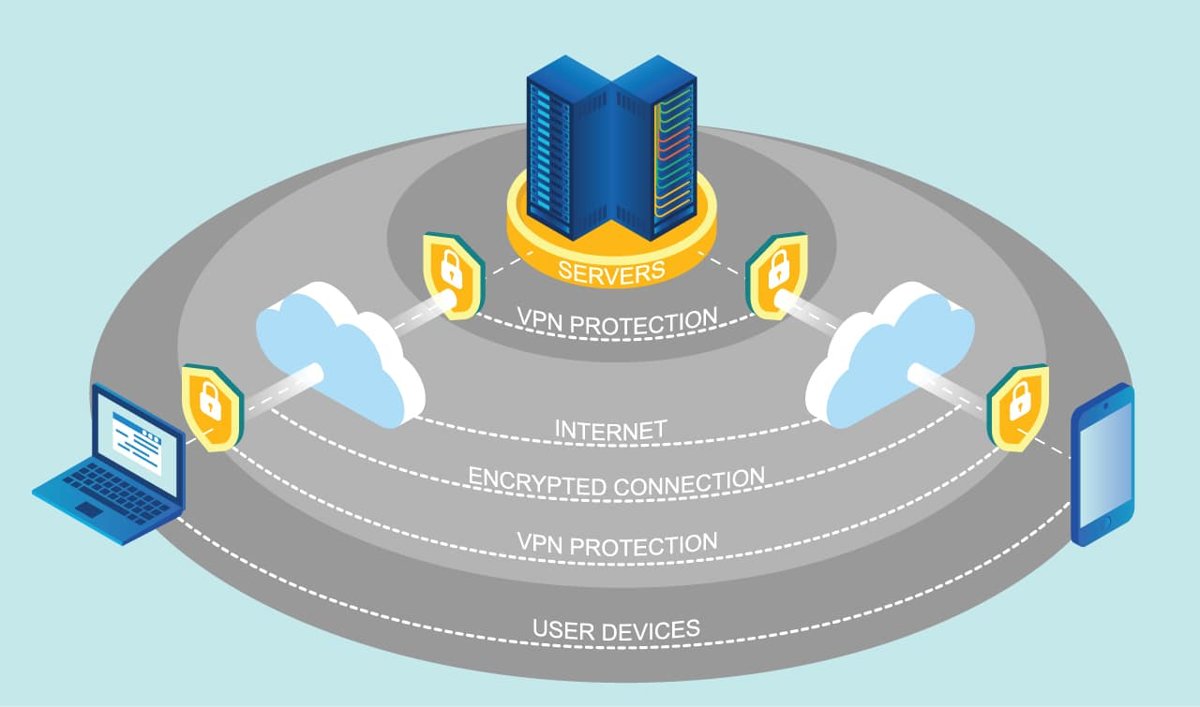Can a VPN Provider See My Traffic and History?
The answer is dictated by the provider you choose, but technically, all VPN companies can see your traffic and history. However, most of them choose to delete this information by directing it to a "null" file or folder. These are the so-called newspaperless companies. Nowadays, more and more VPN services present themselves as the strong protectors of the privacy of Internet users, which means that they do not keep any record of your online activities, either for themselves or for third parties. The only exception to the rule is the tiny bit of information they store about your purchase and subscription. The scope of details may vary, but more often than not, they collect your name, address, password, valid email address and credit card information. Still, there are companies that are raising the stakes even further by allowing you to pay via anonymous methods, like Bitcoin. This increases your privacy to an ultimate level.

You have to be careful when dealing with the notion of non-journaling, as this is a pretty gray area. There are countries whose legislation requires companies (not only VPNs but also ISPs) to store newspapers for a specified period of time. In Australia for example, the requested storage period is 2 years. In other cases, no appropriate legislation is present, but a court order may be sufficient to compel the company to hand over the registered newspapers. The case is similar in North America, as we learned from the battle between Apple and the FBI. The reason for such an outcry against privacy is that the authorities are looking for and hitting those who prefer the torrent. Unfortunately, there are more and more VPN companies that have turned over their own clients to copyright owners who have filed complaints. Since companies must act in accordance with the law of the country in which they are incorporated, it is best to keep your head down and be careful, as Big Brother might keep an eye on you.
Why Is It Vital to Keep Your Traffic Hidden?
Well, here are 2 things to consider:
1. If your address and traffic are hidden, you can access any type of online content you want. And the best part? Your ISP - and no one else for that matter - will know. So you can easily enjoy quality American entertainment wherever you are in the world. Yes, this even applies to countries that outright ban this type of Internet content.
2. Your ISP will not restrict your bandwidth. Of course, not all ISPs do this, but enough of them use it to be a problem for many users. Simply put, if they can't see your exact online traffic, they won't know if they need to limit your connection speed and bandwidth.
So, as you can clearly see, keeping your online traffic hidden is a safe way to benefit from quality internet anonymity.